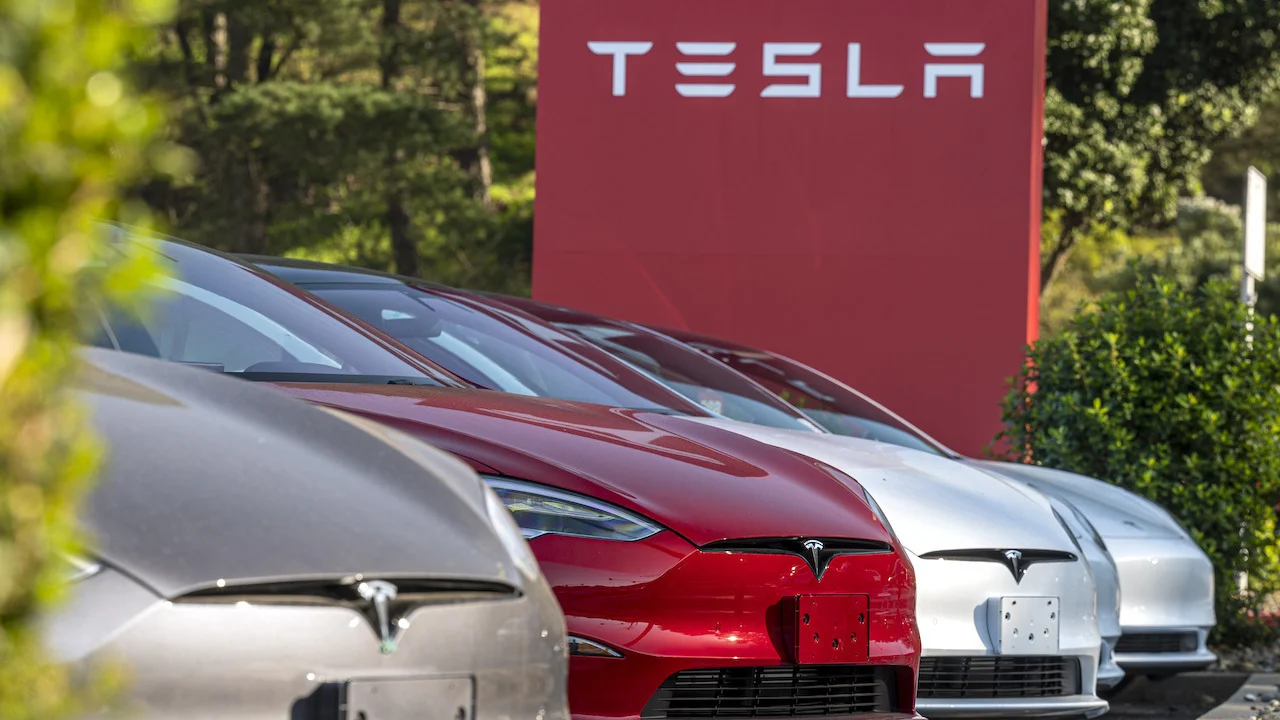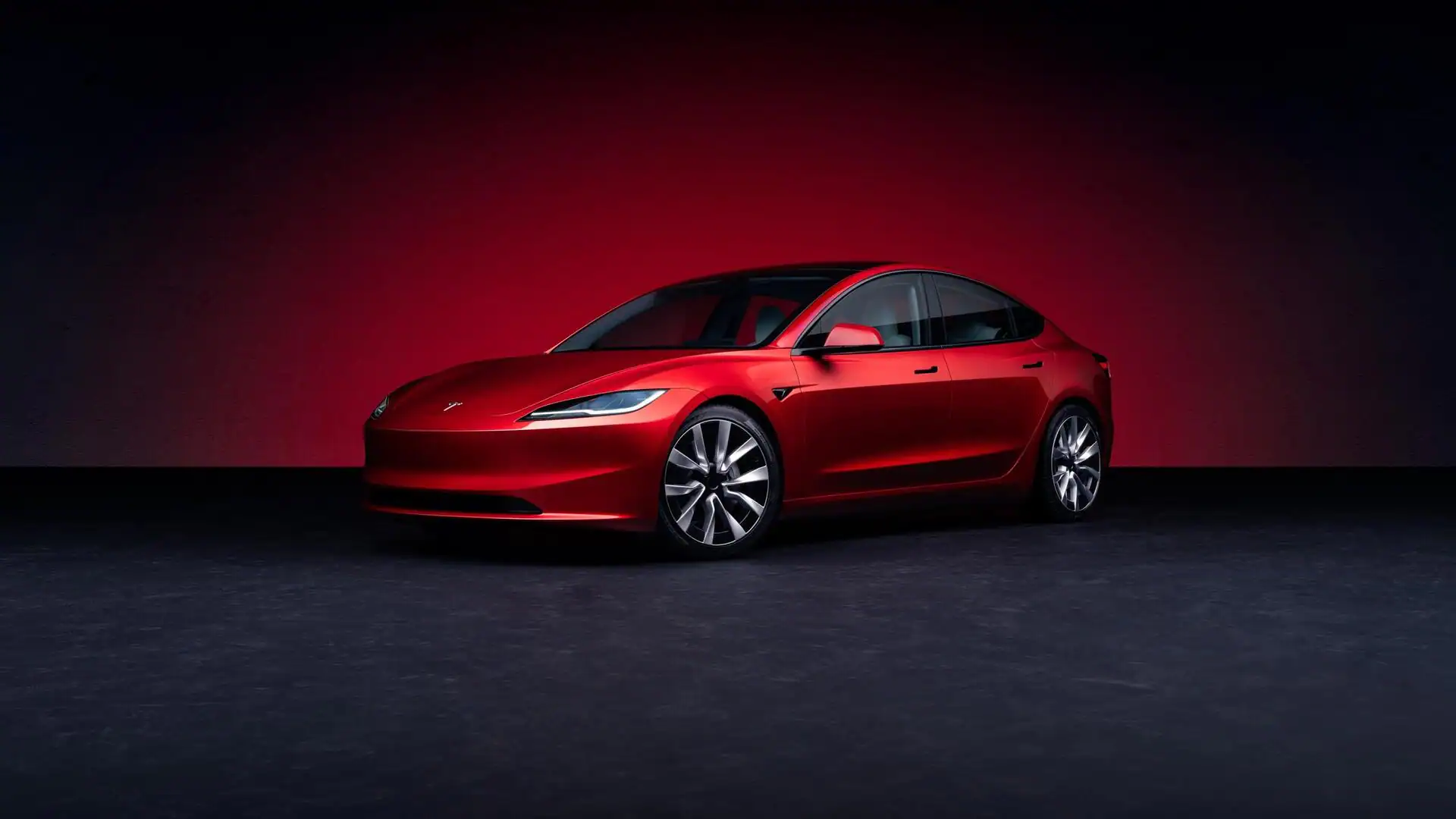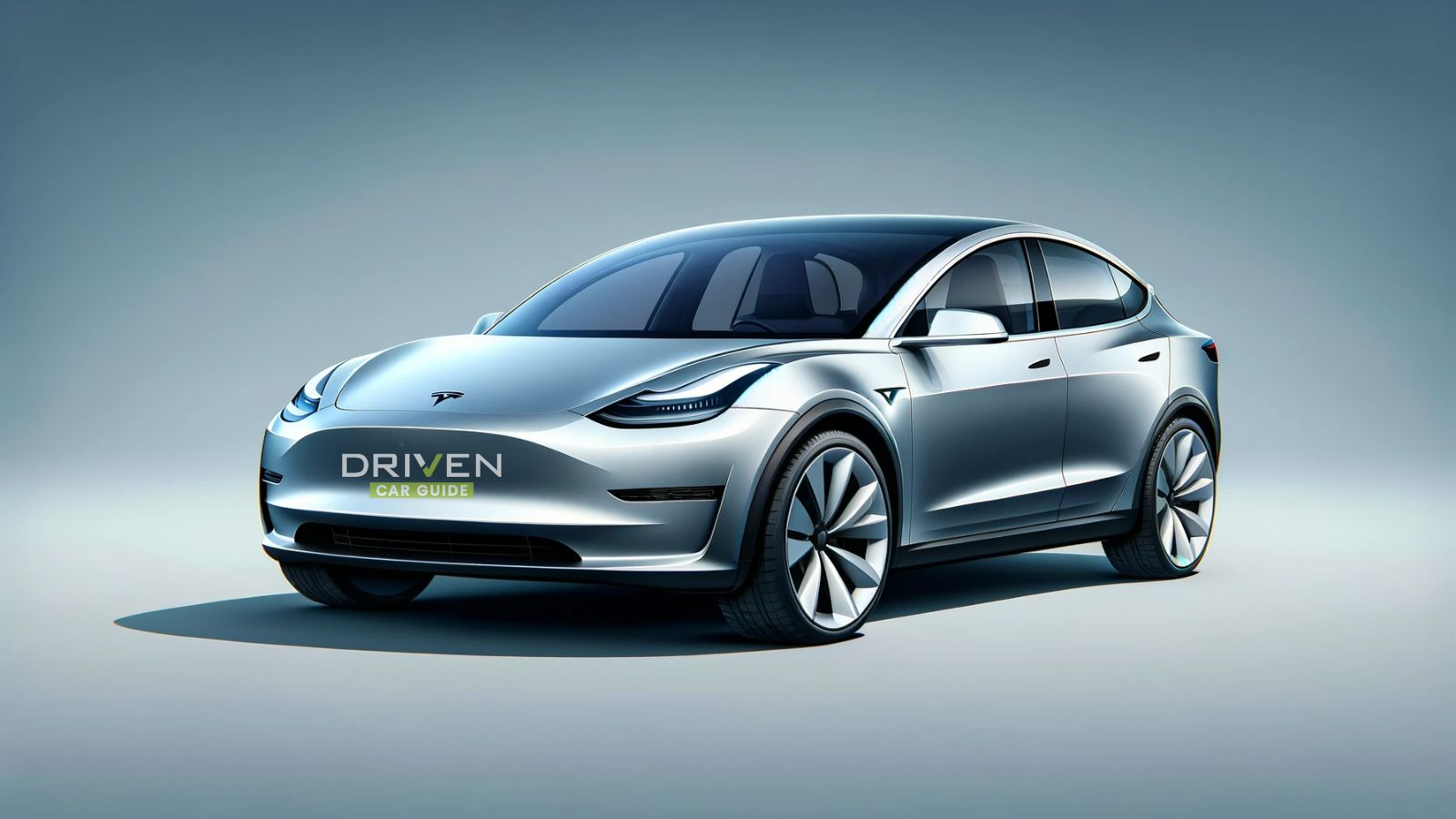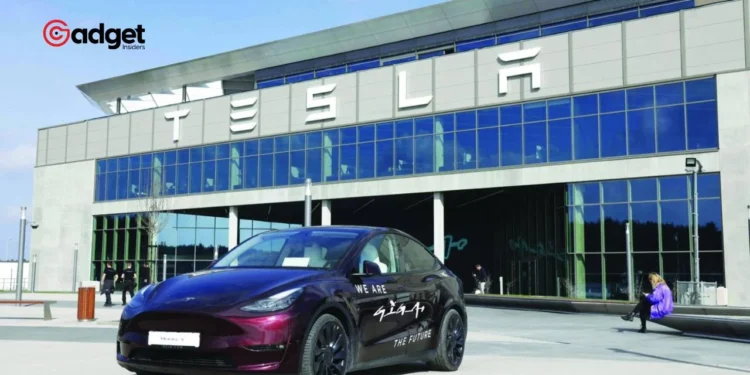Tesla’s journey through the electric vehicle (EV) landscape has always been about pushing boundaries. Recently, the spotlight has returned to an audacious initiative within Tesla’s corridors—Project Redwood. This endeavor promises not just to advance Tesla’s technological prowess but also to democratize the EV experience with an ambitious price tag. Here’s an in-depth look at what could be a game-changer in the automotive industry.

Tesla’s Strategy Evolution: From Luxury to Accessibility
The company, under Elon Musk’s vision, embarked on its automotive journey with a clear strategy: start at the high end and gradually make technology accessible to the mass market.
This approach saw the birth of groundbreaking models such as the Roadster and the Model S, which redefined consumer expectations for electric cars. The Model 3 and Model Y followed, each stepping closer to Musk’s dream of an affordable EV for the average consumer.

In what seemed like a teaser during Tesla’s 2020 Battery Day, Elon Musk hinted at a next-generation EV that would be economically feasible for a broader audience.
Fast forward to early 2024, and despite a Reuters report suggesting otherwise, Musk confirmed in its Q4 2023 earnings call that Project Redwood is very much alive, aiming for a production kickoff in the latter half of 2025.
Project Redwood: The Path to a $25,000 EV
Dubbed the ‘Model 2’ by enthusiasts and industry insiders, Redwood represents Tesla’s most audacious bet yet—a $25,000 compact crossover. Initially thought to be the foundation for the company’s Robotaxi fleet, the project’s specifics have remained elusive, shrouded in typical Musk secrecy.
Yet, during the Q1 2024 earnings call, Musk revealed a shift in strategy. The new models, including what many hope will be the Model 2, are set to be manufactured using existing the company’s facilities, diverging from the previously anticipated revolutionary methods.
Despite these changes, Musk’s enthusiasm remains high. “There’s a lot of new technology, like, a tremendous amount of new, revolutionary manufacturing technology here,” he noted, expressing confidence in the superiority of the upcoming production techniques over any current global standards.
We can confirm that the "Tesla Model 2" or "$25,000 Tesla" is indeed scrapped for now.
Elon denied the original report from Reuters presumably because they mentioned the words "canceled" and "scrapped" and you can argue that it is "postponed" instead, but effectively, nothing is… https://t.co/HSHLFD3Nne
— Fred Lambert (@FredericLambert) April 15, 2024
The Road Ahead for Tesla and the EV Industry
As Tesla recalibrates its approach towards more accessible EVs, the industry watches closely. The proposed $25,000 price point is set to not just expand the company’s market reach but also intensify competition in an already bustling sector.
With giants like China’s BYD in the fray, the race towards affordable electric mobility is heating up.
Tesla’s promise of a new production era beginning as early as late 2024 or early 2025 keeps the market on tenterhooks. The potential delay in Redwood’s production, previously slated for an earlier start, reflects the unpredictable nature of groundbreaking innovation but doesn’t dampen the excitement around what could be a pivotal shift in EV accessibility.
A Future Charged with Possibility
Tesla’s narrative has always been about more than just cars; it’s about altering the energy landscape. Project Redwood is more than a vehicle; it’s a beacon for the future of sustainable transport.
As the company gears up to bring this vision to life, the implications for global mobility and environmental sustainability are profound. The industry awaits, hopeful and eager, for what might be another revolutionary chapter in the saga of Tesla’s quest to electrify our roads.

This upcoming phase in the EV giant’s journey is not just about a new car but about setting new benchmarks for what electric vehicles can achieve. As Musk aptly puts it, when it comes to timelines and technology, it’s wise to “take things with a grain of salt” given his optimistic outlook.
Nonetheless, the anticipation builds as the automotive world looks towards 2025, when the next chapter of Tesla’s innovation story may begin to unfold.










